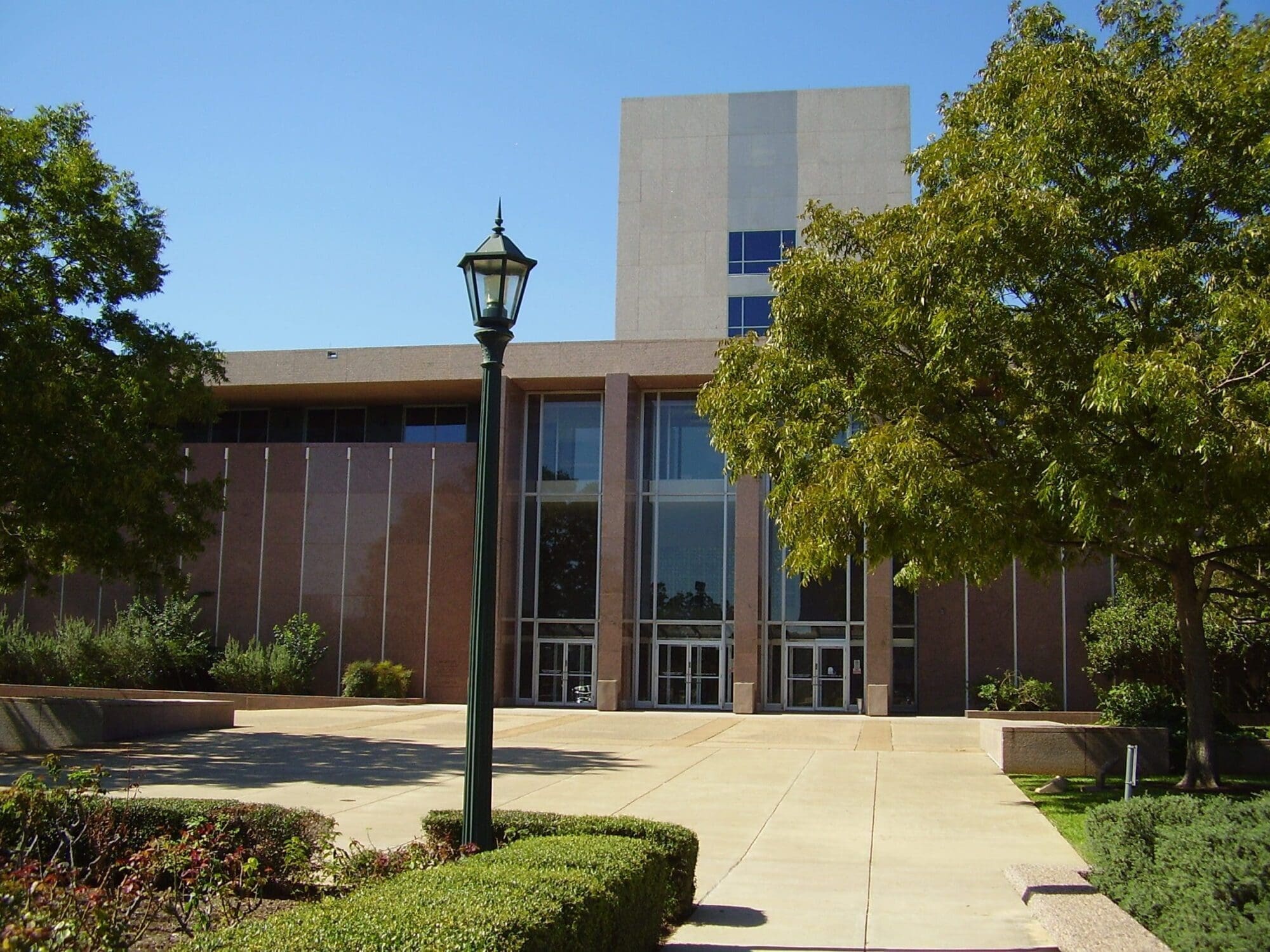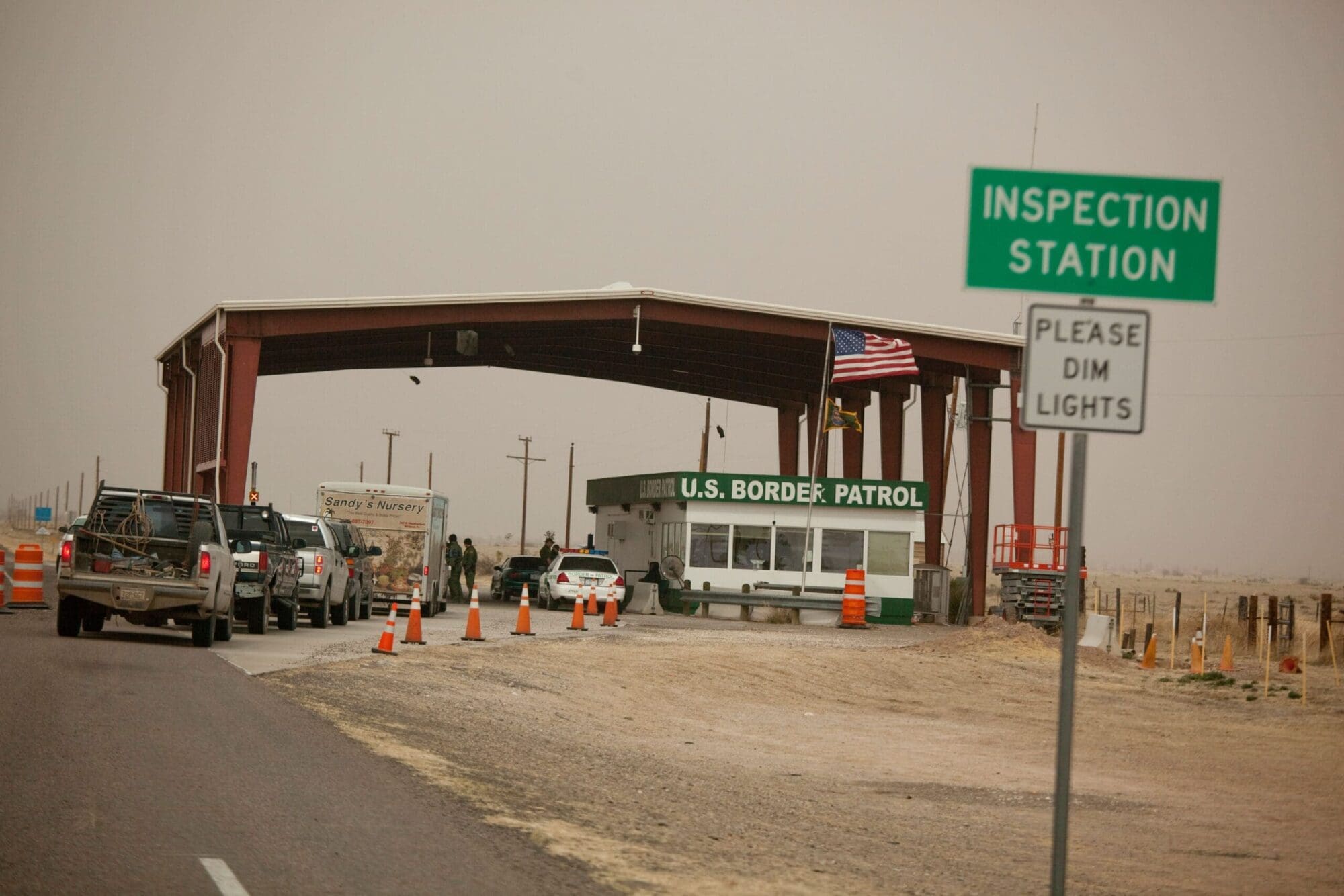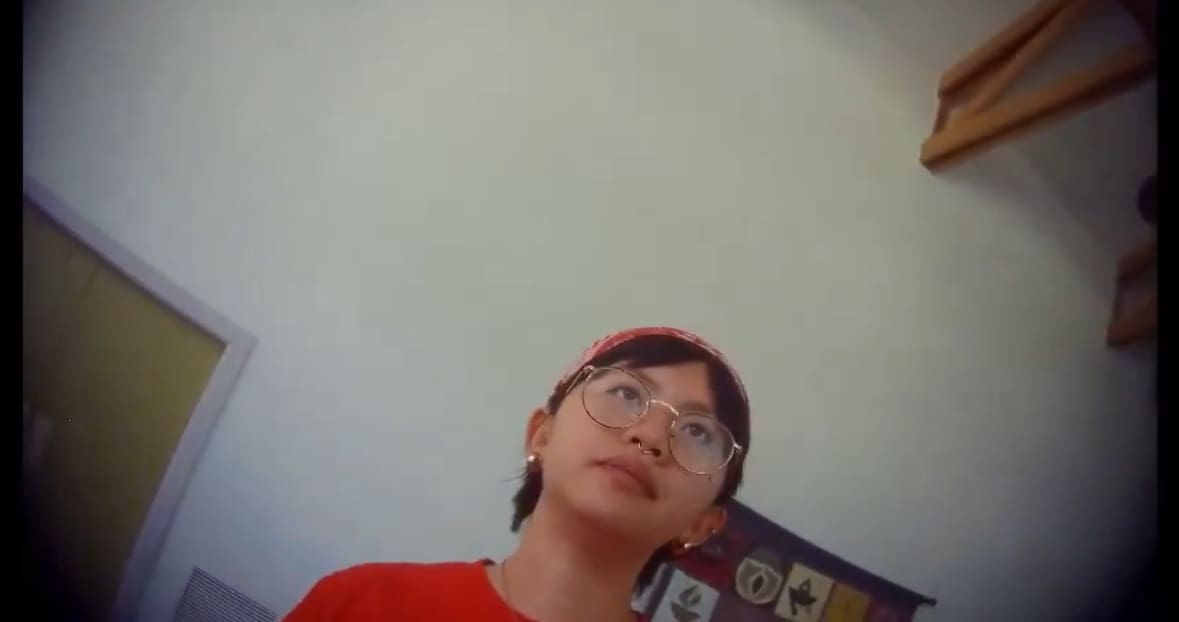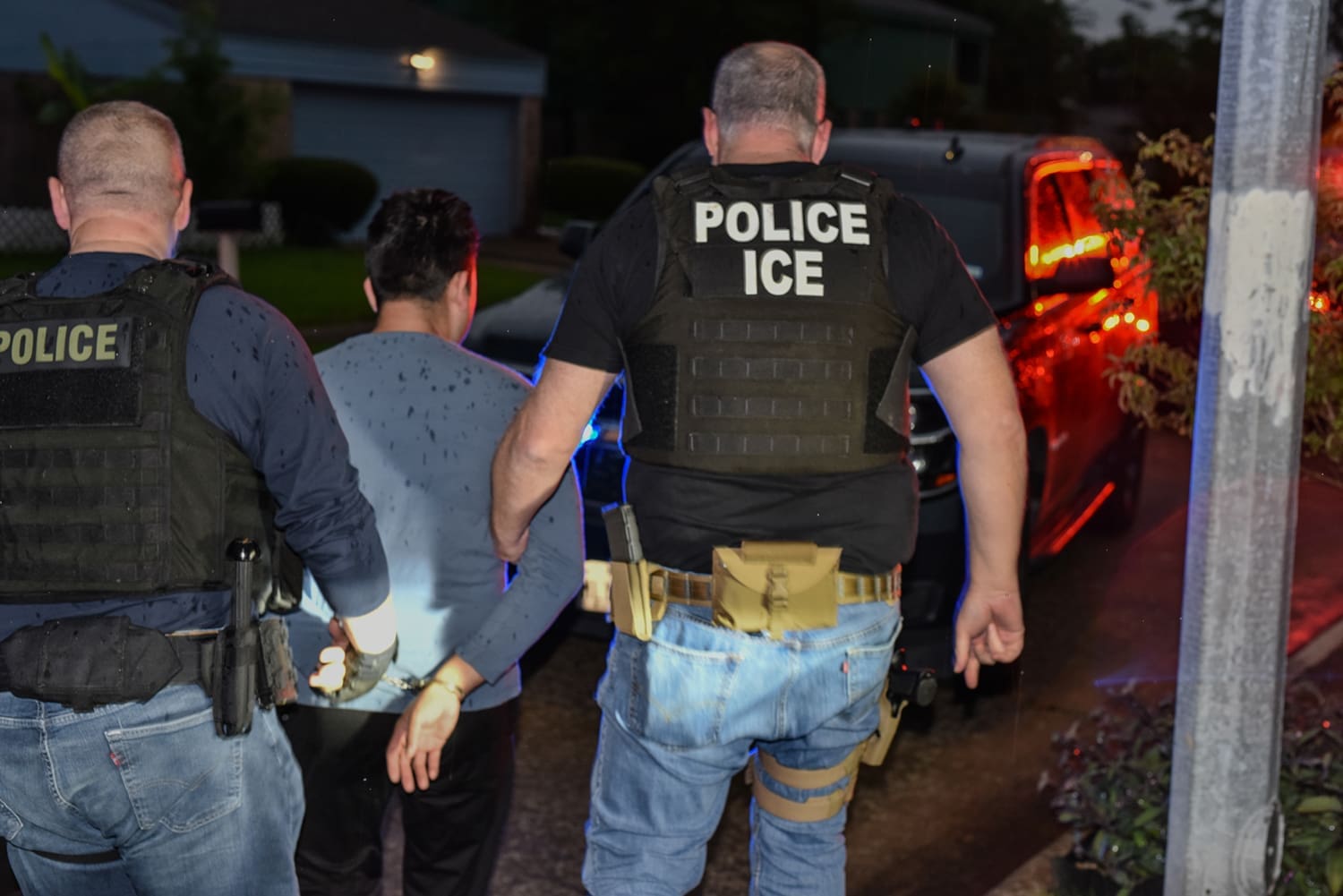The Texas Supreme Court heard oral arguments on Monday in the case of Attorney General Ken Paxton v. Annunciation House—a nongovernment organization that has been accused of intentionally facilitating illegal immigration.
Annunciation House is a Catholic nonprofit NGO in El Paso that describes itself as an organization that aids illegal aliens through provision of hospitality, advocacy, and education. However, it came under fire when Paxton sued the NGO in February 2024 for allegedly stoking the border crisis by harboring illegal aliens.
Paxton said at the time that “The chaos at the southern border has created an environment where NGOs, funded with taxpayer money from the Biden Administration, facilitate astonishing horrors including human smuggling.”
Oral arguments in the ongoing case were heard on Monday.
“Governor Abbott has proclaimed a disaster at the southern border,” opened Assistant Attorney General Ryan Baasch. “And he has recognized that NGOs have regrettably worsened that disaster.” He also said later in his arguments that “Annunciation House is not immunized because of its religion.”
SCOTX is reportedly considering not just one, but a myriad of factors in the case.
The first is whether or not Annunciation House’s provisions to illegal aliens constitute a violation of Texas law.
Another question being deliberated in the case is whether or not Paxton’s pressure on the NGO to provide previously requested documentation is an infringement of the Texas Religious Freedom Restoration Act.
The legislation prevents government officials from interfering with private citizens’ free participation in religious activities. Annunciation House, being a Catholic organization, is attempting to claim that religious protections shield it from Paxton’s pressure.
“As for shutting down Annunciation House, RFRA [Religious Freedom Restoration Act] is very specific that it does not preclude the use of any remedy, it does not require us to prove that any remedy is appropriate,” Baasch continued.
He also argued that harboring illegal aliens falls outside the realm of religious protection.
“If organizations know that they can engage in this activity and that the worst that’s going to happen is that they get enjoined, nothing stops them from engaging in the activity in the first instance,” he said.
Annunciation House is being represented by Amy Warr, an attorney based in Austin.
“It’s very important to separate rhetoric—the state’s rhetoric—from the record. And it’s the record that matters here, not rhetoric,” Warr argued. “There is absolutely no evidence of concealment [of illegal aliens from law enforcement] from this record.”
When questioned by Justice Jane Bland about whether or not she believes the state has a right to examine records as part of its investigation into illegal activity at Annunciation House, Warr replied in the negative.
“The whole scheme is invalid facially under the First Amendment,” she responded. “The whole subpoena scheme that the AG was operating under.”
The attorney general’s lawsuit followed a petition filed by Annunciation House on February 8 of last year attempting to block the Consumer Protection Division from obtaining requested documents, including communication to determine potential legal violations.
The case moved in and out of the courts until Paxton’s request for a temporary injunction against Annunciation House was dismissed by state District Judge Francisco Dominguez. In July, Paxton appealed the decision to the Supreme Court of Texas.
It could be months before a ruling in the case is handed down by SCOTX.





